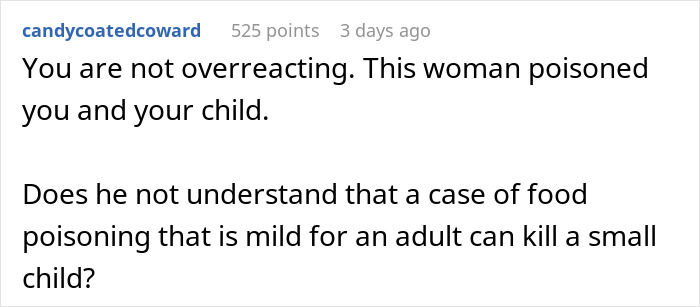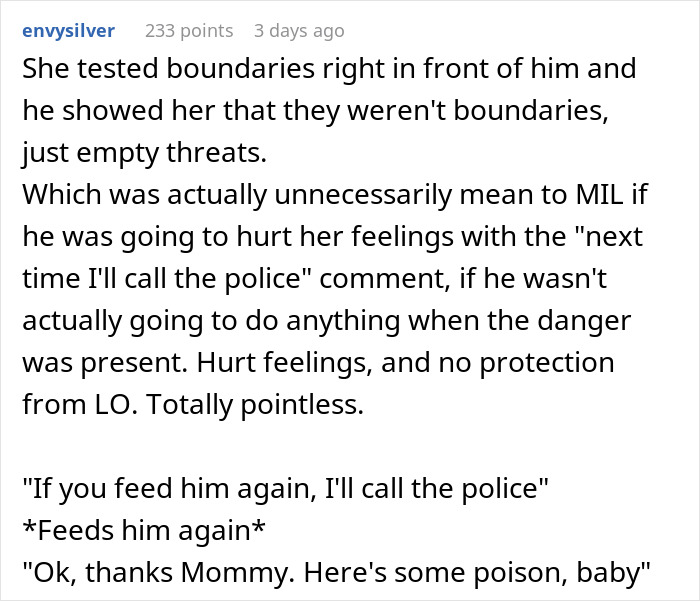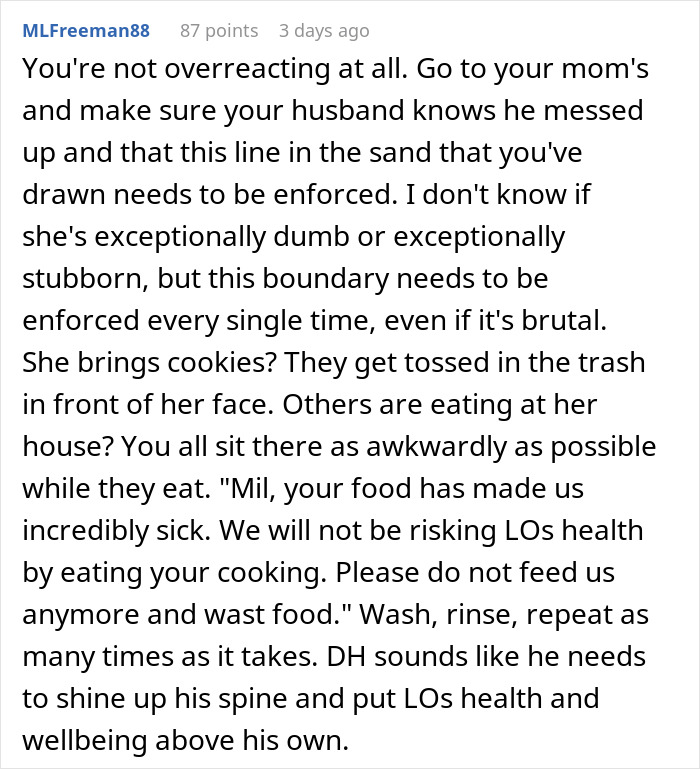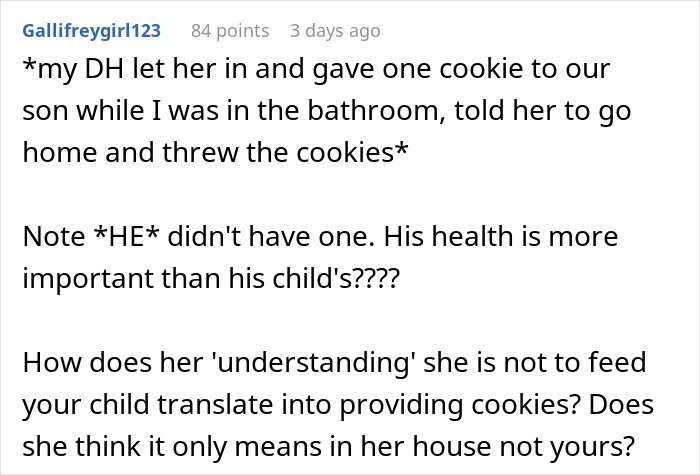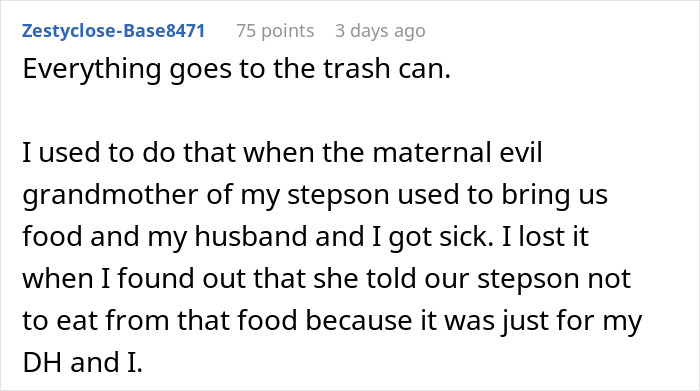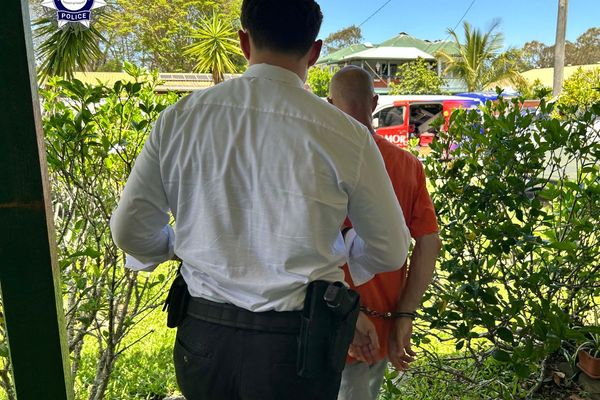As people age, they begin to lose the ability to do the same things they could when they were younger, and basic tasks like cooking and cleaning suddenly become much harder. Unfortunately, many elders might not even be aware that they’re falling behind with their daily needs and remain adamant about living alone.
For this senior mother-in-law, it got to a point where her daughter-in-law got food poisoning just from eating at her house. Concerned for her child’s safety, the DIL forbade her to feed the grandkid at all. However, neither MIL nor her husband abided by her decision.
Scroll down to find the full story and a conversation with consultant and care manager for those aging in place, Rebecca West, who kindly agreed to tell us more about difficulties in old age.
As people age, simple tasks like cooking become much harder
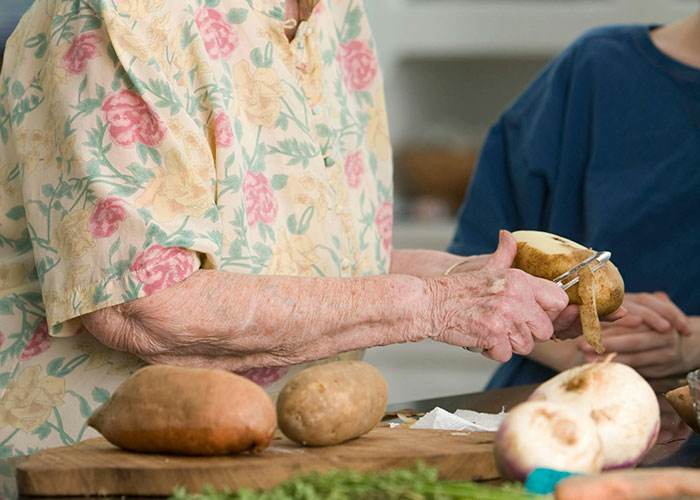
Image credits: CDC / unsplash (not the actual photo)
For this senior woman, it got to a point where her food poisoned DIL and her baby
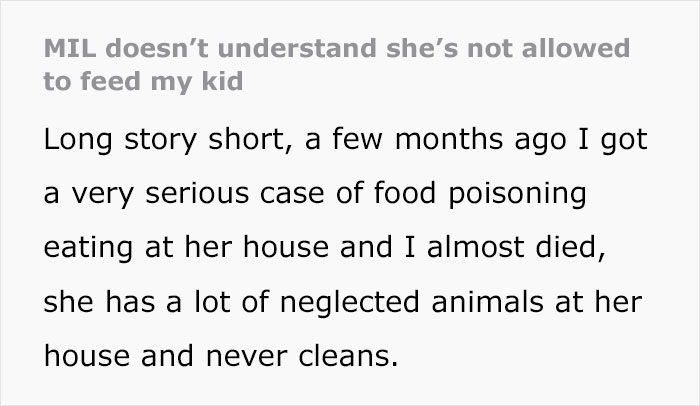
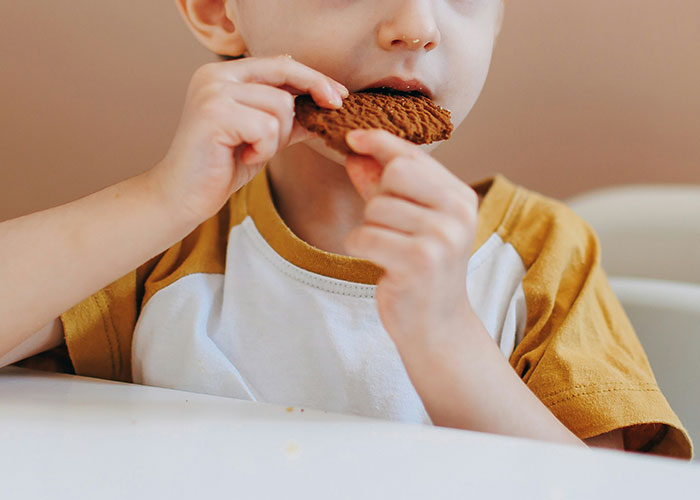
Image credits: Helena Lopes / unspalsh (not the actual photo)
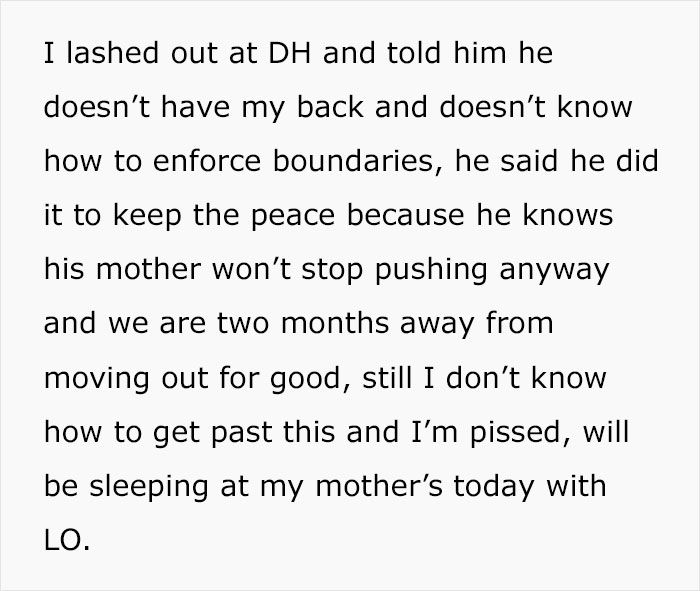
Image source: SeniorSubstance7526
There are many reasons why the elderly stop taking care of themselves
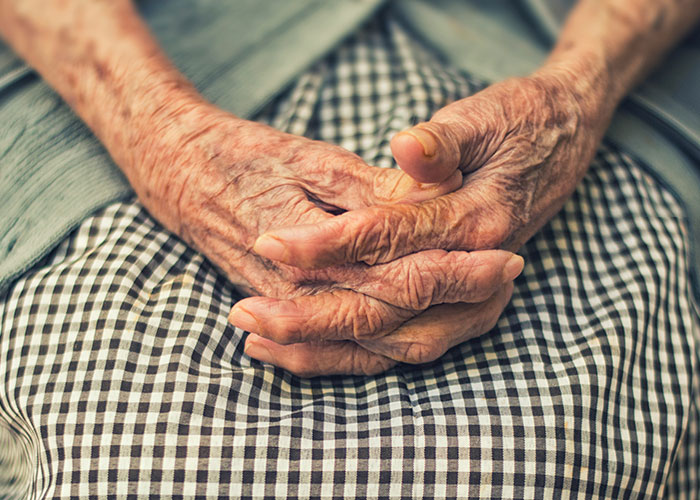
Image credits: Danie Franco / unsplash (not the actual photo)
The state of the senior woman’s home that the author of the story is painting can be described as elder self-neglect. The U.S. Department of Health & Human Services refers to this term as “behavior of an elderly person that threatens his/her own health or safety and generally manifests itself by failure to provide himself/herself with adequate food, water, clothing, shelter, personal hygiene, medication (when indicated), and safety precautions.”
Bored Panda reached out to consultant and care manager for those aging in place, Rebecca West, who says that additional signs to look out for include a depressed mood or erratic changes in behavior. For instance, they may forget or miss appointments, change their sleep schedule, forget to follow up with people, or constantly lose important items like keys or glasses. “Altered mental status in a loved one should be addressed right away,” she stresses.
West adds, “Physical signs may include appearing unwashed, smelly clothes, dirty hair, and unkempt fingernails. Wearing the same clothes over and over again is a good indication that more help is needed, either because they aren’t physically able to change their clothes themselves or aren’t remembering to wash and change their clothes regularly. ”
There are many reasons why the elderly stop taking care of themselves, including dementia, depression, disease, poverty, and isolation. According to West, in many cases, the person might refuse to seek help because they feel ashamed. She also notes, “With the elderly population, there can also be a big fear of losing their independence if they admit they are struggling.”
Another contributing factor is that they simply don’t know where to turn or who to reach out to. “It can feel very overwhelming to understand where to start and who to trust. That’s part of the reason I started The Invisible Crowd, as there are often so many resources at a person’s fingertips that they just don’t know where to look. Lastly, if dementia is playing a role in a person’s behavior, they may not be able to comprehend that they are in need of assistance.”
Sometimes such behavior even affects and endangers the general public when they increase the risk of a house fire or their environment breeds diseases. However, if the senior is deemed clinically capable of making their own decisions, they have the right to refuse help, and protective services providers have to respect their choice.
What’s even more concerning is that self-neglect is not only damaging to one’s health but can also be life-threatening. A study in 2009 that analyzed over 10,000 seniors discovered that a lack of self-care was associated with a significant increase in premature death. Additional research found that such behavior increases the risk of elder abuse.
Usually, the tendencies of self-neglect progress, therefore, it’s important to keep an eye on the elderly
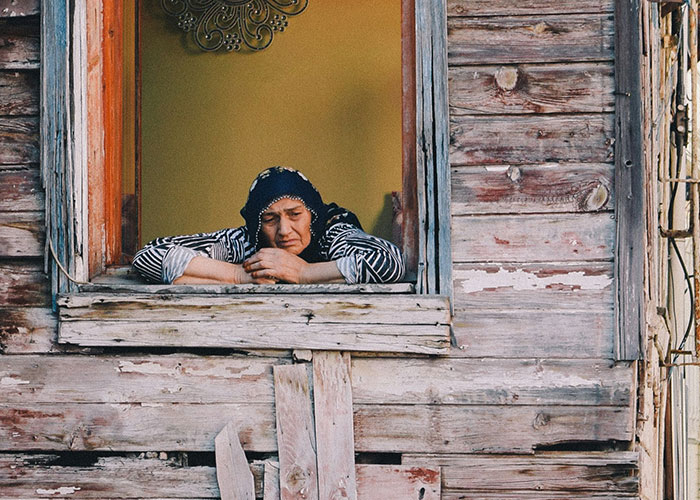
Image credits: Rostyslav Savchyn / unsplash (not the actual photo)
It can be hard to know how or when to intervene when your loved one is experiencing self-neglect. West advises, “I’d say the sooner the better, just by offering something small like shoveling their driveway when it snows or bringing over some baked goods.
Building that bridge of communication and trust will most likely give you more information. When you bring over some muffins and look inside their home, is it a mess? Are the ceiling tiles falling down? Or is it clean and orderly?”
Usually, illnesses and conditions like dementia, Parkinson’s disease, or depression progress, leading to a gradual loss of ability or interest in self-care. Therefore, it’s important to keep an eye on them, even if a self-neglecting senior doesn’t officially require outside care.
She mentions that if it’s someone you don’t know personally or don’t feel comfortable interacting with, reaching out to local community paramedics, fire stations, or public health officials is a great place to start. “You can Google your local branches’ phone numbers and explain your concerns to them. Never put yourself in a dangerous situation, if you’re unsure how someone might react, bring in a professional to investigate their circumstances further,” she adds.
The seniors themselves can try to prevent self-neglect as they age by staying in touch with their close circle, becoming involved in community activities, getting to know their neighbors, and scheduling regular medical appointments.
People assured the author in the comments that she’s not overreacting

